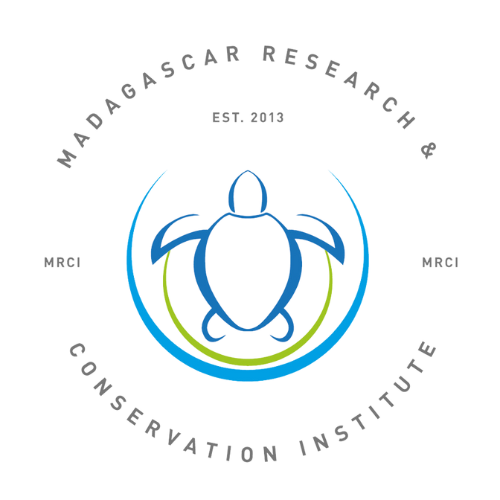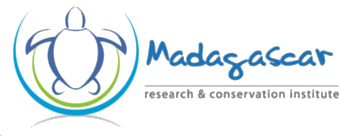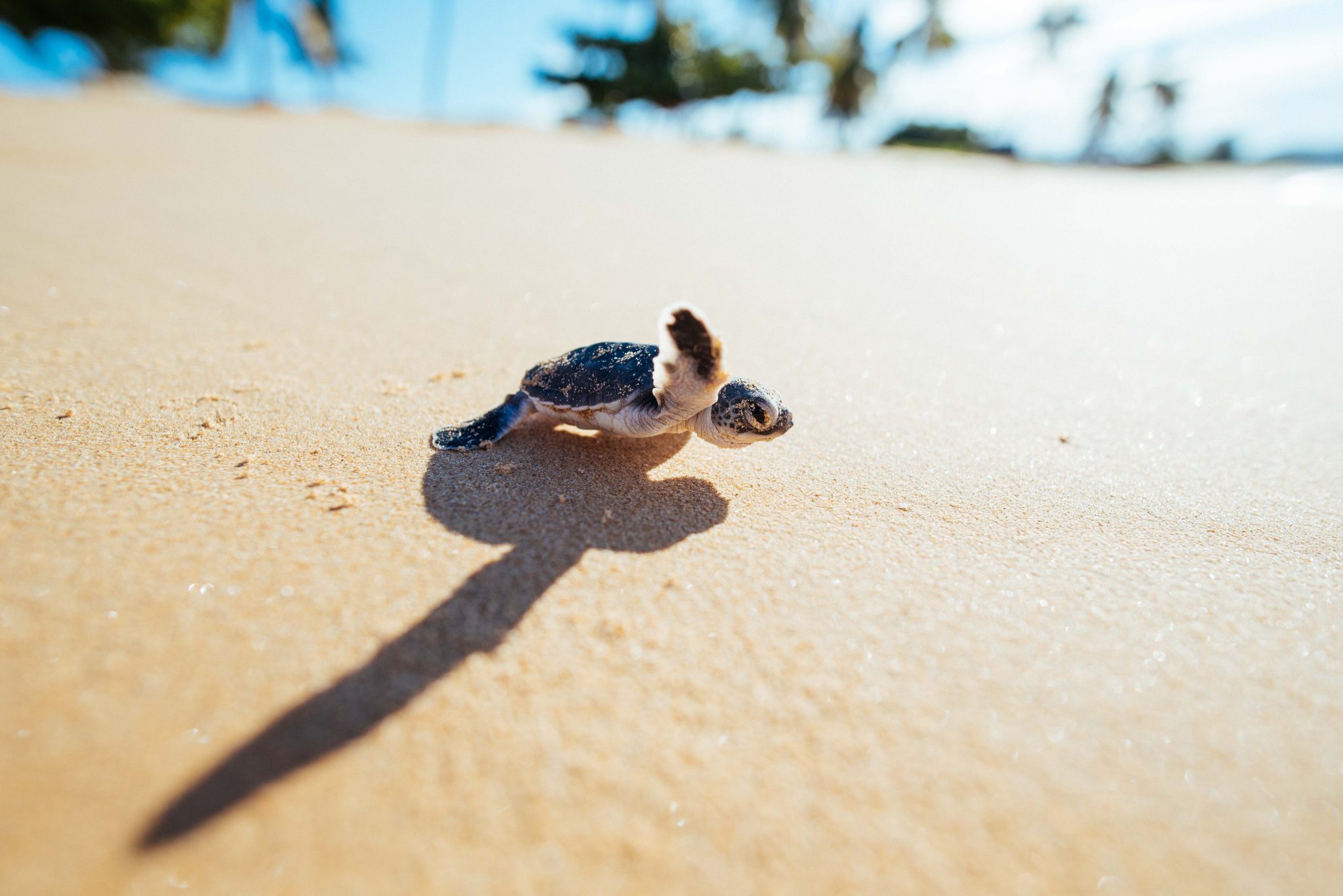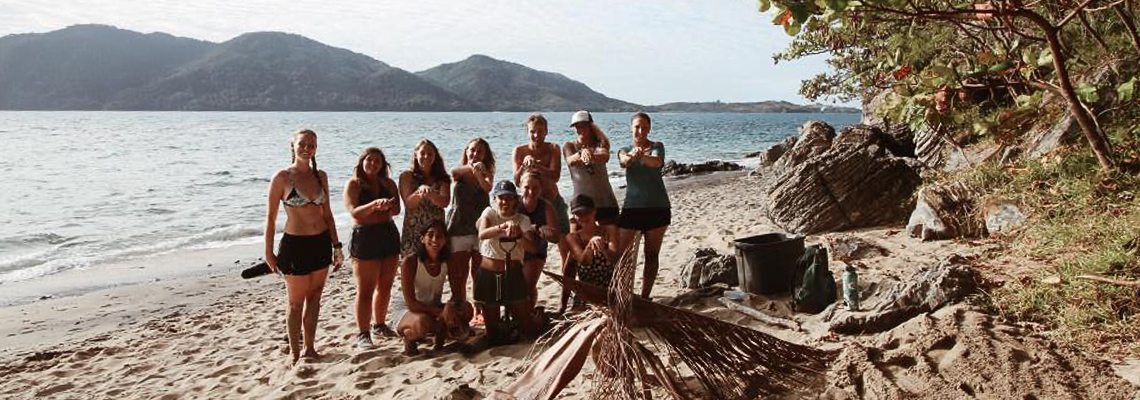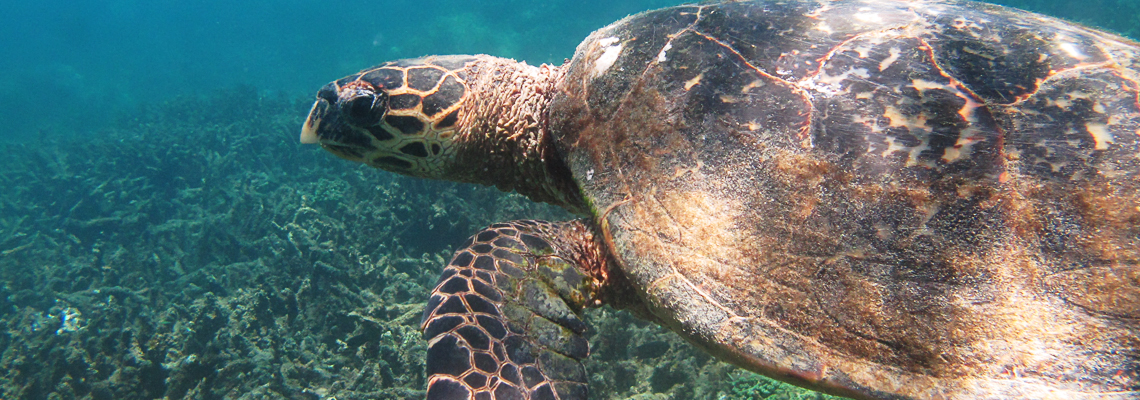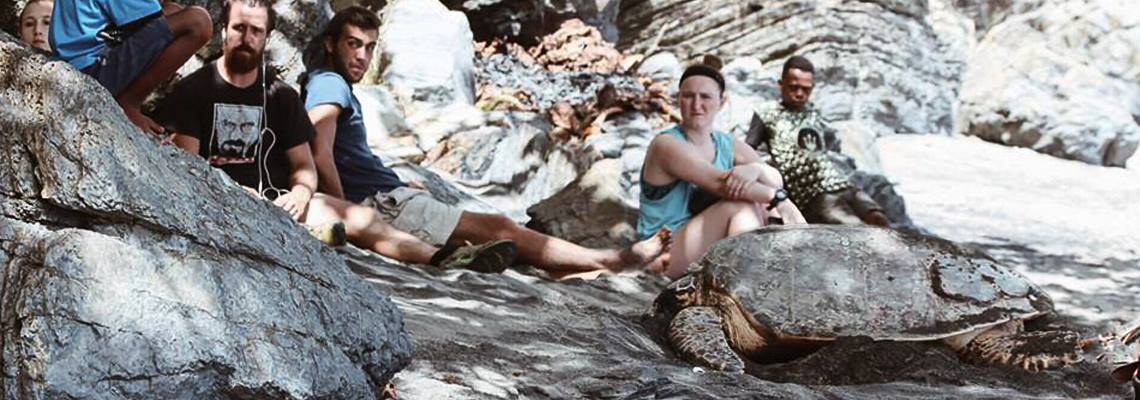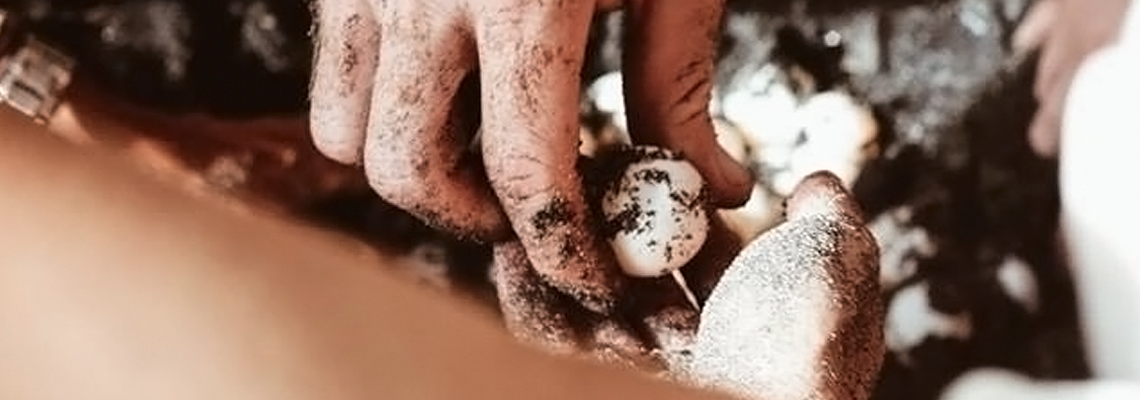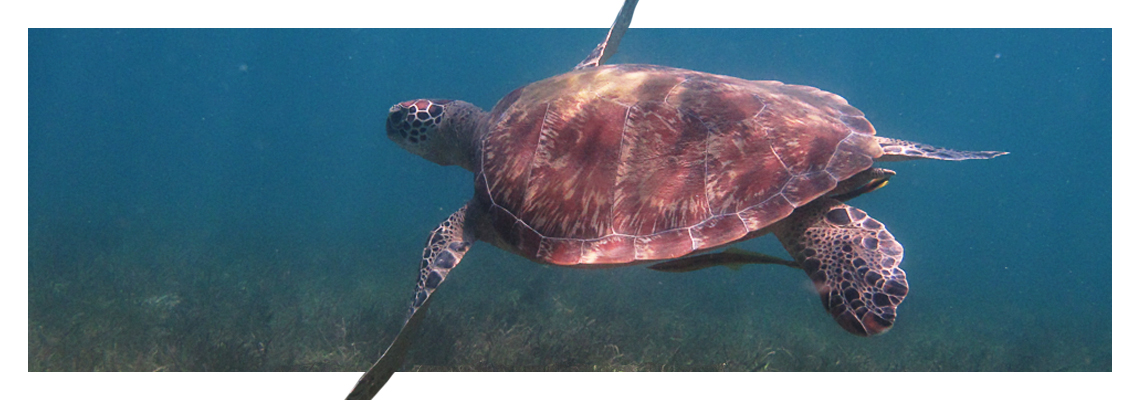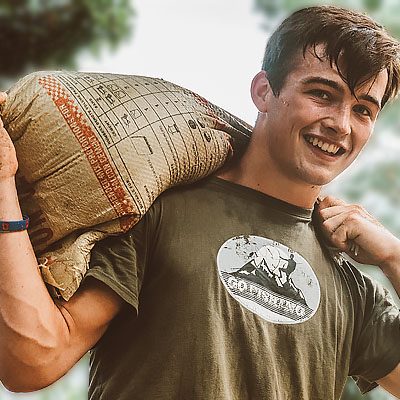Volunteer Sea Turtle Monitoring Program
MRCI’s Sea Turtle Monitoring Program has been established to identify and develop Safe Turtle Breeding Zones in North Western Madagascar. MRCI has successfully, with the support of the local community, implemented a “Safe Turtle Nesting Zone” on Nosy Komba Island. As part of this initiative, MRCI have employed security personnel to provide 24 hour monitoring of this nesting zone to ensure the safety of the turtles and their eggs.
MRCI volunteers will assist in identifying nesting areas by visiting remote beaches on islands surrounding the island of Nosy Be. This program gives volunteers the opportunity to get up close to these beautiful creatures whilst helping to ensure the health and survival of the species into future.
The Sea Turtle Monitoring Program runs during nesting season from October to March each year, when turtles come ashore to lay their eggs. The main objective and focus on our Sea Turtle Monitoring Program is to collect and record species, nesting and size related data for estimating population dynamics and nesting distributions in North Western Madagascar.
Identifying and implementing protection measures for these breading sites is paramount to safeguarding the species in this area. With the collaborative effort of our volunteers, who play a vitally important role in assisting to achieve our goals, MRCI will continue to strive to protect endangered sea turtle species in their natural habitat as well as to promote public awareness by further collaborating with local communities and national authorities. Our primary goals are:
- to map and identify beaches used as nesting sites.
- to identify species diversity and numbers.
- to engage and establish a relationship with the local communities enabling us to include them in our conservation efforts.
- to monitor and remove plastic waste and other harmful products from the beaches.
Volunteers are met at the Nosy Be International airport upon arrival and, weather permitting, transferred via boat to MRCI’s Turtle Beach camp on Ampoagna.
Volunteers are given a tour of camp followed by an orientation and a health and safety briefing.
Volunteers are trained in species identification, equipment usage and data collection protocols to prepare them for the hands-on work to come. Volunteers will also receive information on our goals and how to best assist us in achieving them.
Once training has been completed, volunteers are placed in the field. Volunteers are divided into groups and, accompanied by a MRCI staff member, are dropped by boat at various locations of interest to conduct the survey work.
Two species of turtle are monitored; the critically endangered Hawksbill Sea Turtle (Eretmochelys imbricata) and the endangered Green Sea Turtle (Chelonia mydas).
Sadly, population numbers of both species are in decline with harvesting of eggs, hatchlings and adults being the primary threat. Hawksbill turtle numbers have fallen by as much as 80% in the last 10 years, and the annual number of nesting female Green Sea Turtle species has declined by up to 67% over the last 3 generations. This has left both species at high risk of extinction if nothing is done to safeguard their future.
The Green Sea turtle is the most widespread and well-known species in tropical and sub-tropical waters. They are the largest of the hard-shell turtle species and can grow up to 120cm in shell length and can weigh over 136kg. The name Green Sea Turtle derives from the colour of their fat, rather than the colour of their shell. The colour of their shells can range from a yellow/green to a reddish/brown to sometimes almost black.
Hawksbills Sea Turtle species are also found in tropical and sub-tropical regions. Adult Hawksbill Sea Turtles can grow to 90cm in shell length and can weigh up to 91kg. The Hawksbill Sea Turtle is named for its pointed, sharp bird-like beak. The shell of the Hawksbill Sea Turtle has a “tortoise shell” colour that ranges from dark to golden brown, with streaks of orange, yellow, brown and black. This is the only sea turtle that has overlapping scutes on the top shell (similar to roof shingles).
The basic volunteer beach patrol protocol when a turtle is found is:
- Species is identified
- Carapace is measured
- Flippers are checked for calluses or notches (these indicate that the turtle has been previously tagged)
- Photographs are taken
- GPS location point is recorded
Volunteers spend their final few days back at MRCI’s Turtle Cove base camp completing data entries and debriefing.
| START DATES | |
| All year round | Every First Monday of the Month |
PROGRAM COSTS |
|
| Volunteer Turtle Monitoring | |
| 1 WEEK | $680.00 |
| 2 WEEKS | $ 930.00 |
| 3 WEEKS | $ 1,180.00 |
| 4 WEEKS | $ 1,430.00 |
| 5 WEEKS | $ 1,680.00 |
| 6 WEEKS | $ 1,930.00 |
| 7 WEEKS | $ 2,180.00 |
| 8 WEEKS | $ 2,430.00 |
| 9 WEEKS | $ 2,680.00 |
| 10 WEEKS | $ 2,930.00 |
| 11 WEEKS | $ 3,180.00 |
| 12 WEEKS | $ 3,430.00 |
